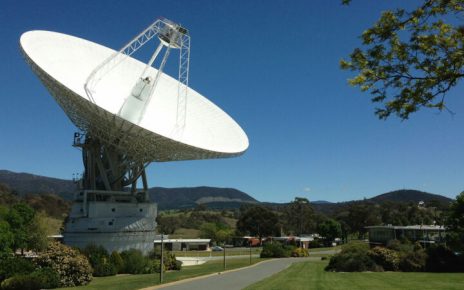
Enlarge / Do these people look prone to motivated reasoning? (credit: Getty Images)
A new study lays out a bit of a conundrum in its opening paragraphs. It notes that scientific progress depends on the ability to update what ideas are considered acceptable in light of new evidence. But science itself has produced no shortage of evidence that people are terrible at updating their beliefs and suffer from issues like confirmation bias and motivated reasoning. Since scientists are, in fact, people, the problems with updating beliefs should severely limit science’s ability to progress.
And there’s some indication that it does. Max Planck, for example, wrote that “A new scientific truth does not triumph by convincing its opponents and making them see the light, but rather because its opponents eventually die and a new generation grows up.”
But a new study suggests it’s not as much of a problem as it might be. Taking advantage of a planned replication study, some scientists polled their peers before and after the results of the replication study came out. And most scientists seemed to update their beliefs without much trouble.





